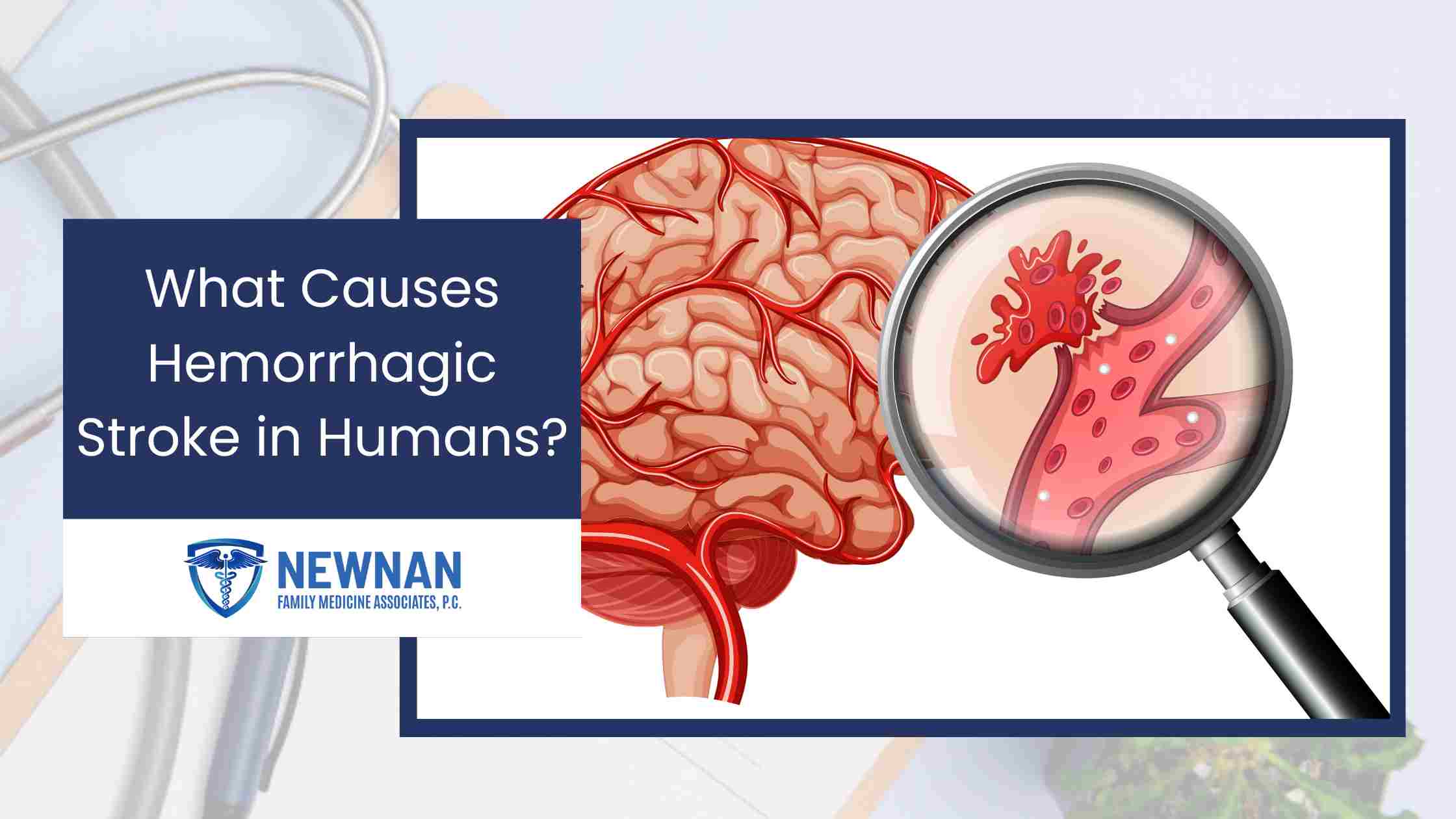


A hemorrhagic stroke is a serious medical condition caused by a blood vessel rupture or brain tissue bleeding. The condition is also known as a “bleeding stroke” due to uncontrolled bleeding caused by the breakage in the blood vessels or tissues. Besides affecting the flow of oxygen and blood to the other brain parts, hemorrhagic strokes create pressure on the surrounding brain cells and damage them.
It is a life-threatening condition as, in most cases, it is severe, escalates fast, and needs urgent medical care to prevent brain damage or death of the patient.
Hemorrhagic strokes occur when there is damage to the blood vessels in the brain caused by medical or lifestyle factors. This leads to their breakage and bleeding, resulting in extensive damage to the brain cells.
Depending on the location of the blood vessel rupture, there are two types of hemorrhagic strokes:
The rupture in the blood vessel occurs inside the brain, and this puts pressure on the surrounding tissues from within the brain. Intracerebral stroke refers to a type of stroke that occurs when a blood vessel within the brain becomes blocked or bursts.
The space between the brain and its outer covering (arachnoid membrane) is called the subarachnoid space. Due to the breakage of a blood vessel in the arachnoid membrane, blood accumulation in the subarachnoid space creates pressure on the brain cells from the outside.
Hemorrhagic strokes are a common medical condition and affect people globally. They can be lethal and are the second significant cause of death worldwide. In the United States, they are among the top five causes of death, only behind heart diseases, cancer, COVID-19, and automobile accidents.
Among the three main types of strokes, ischemic stroke, hemorrhagic stroke, and transient Ischemic attack (TIA), ischemic stroke is the most common type of stroke that is caused by reduced blood flow to the brain cells due to blockage in the blood vessels. It is also one of the leading causes of hemorrhagic stroke. Of all stroke cases that occur, 10-15% of them are hemorrhagic strokes.
Also read: How Can Chronic Care Management Help with Chronic Diseases?
There are two types of factors that trigger hemorrhagic strokes:
Older people with certain medical conditions, family history of strokes, or unhealthy lifestyle choices are more vulnerable to hemorrhagic strokes that can happen without warning and are often fatal. However, it can be avoided with proper preventive medical care and a healthy lifestyle.
As a primary care provider, Newnan Family Medicine offers personalized preventive plans to our patients that help avert diseases such as cardiovascular disease, strokes, diabetes, and other serious illnesses. The plan includes disease screening, annual physicals, medications and supplements, lifestyle changes, and stress management that positively impact your overall physical and mental wellness.
If you are looking for a primary center in Newnan, GA, that provides superior and affordable medical treatment with care and compassion, schedule an appointment with us at Newnan Family Medicine Associates today.
Also read:
Managing Diabetes: 4 Tips You Can Implement to Keep Diabetes Under Control